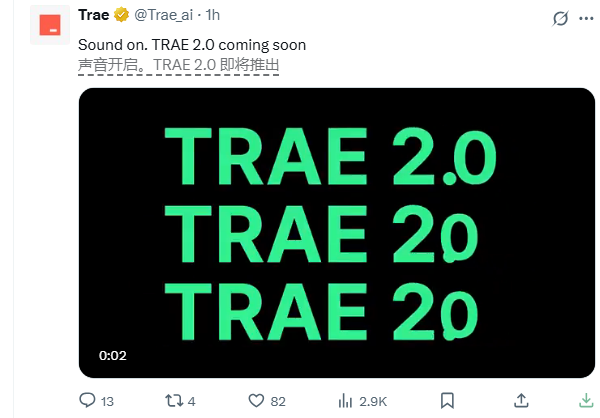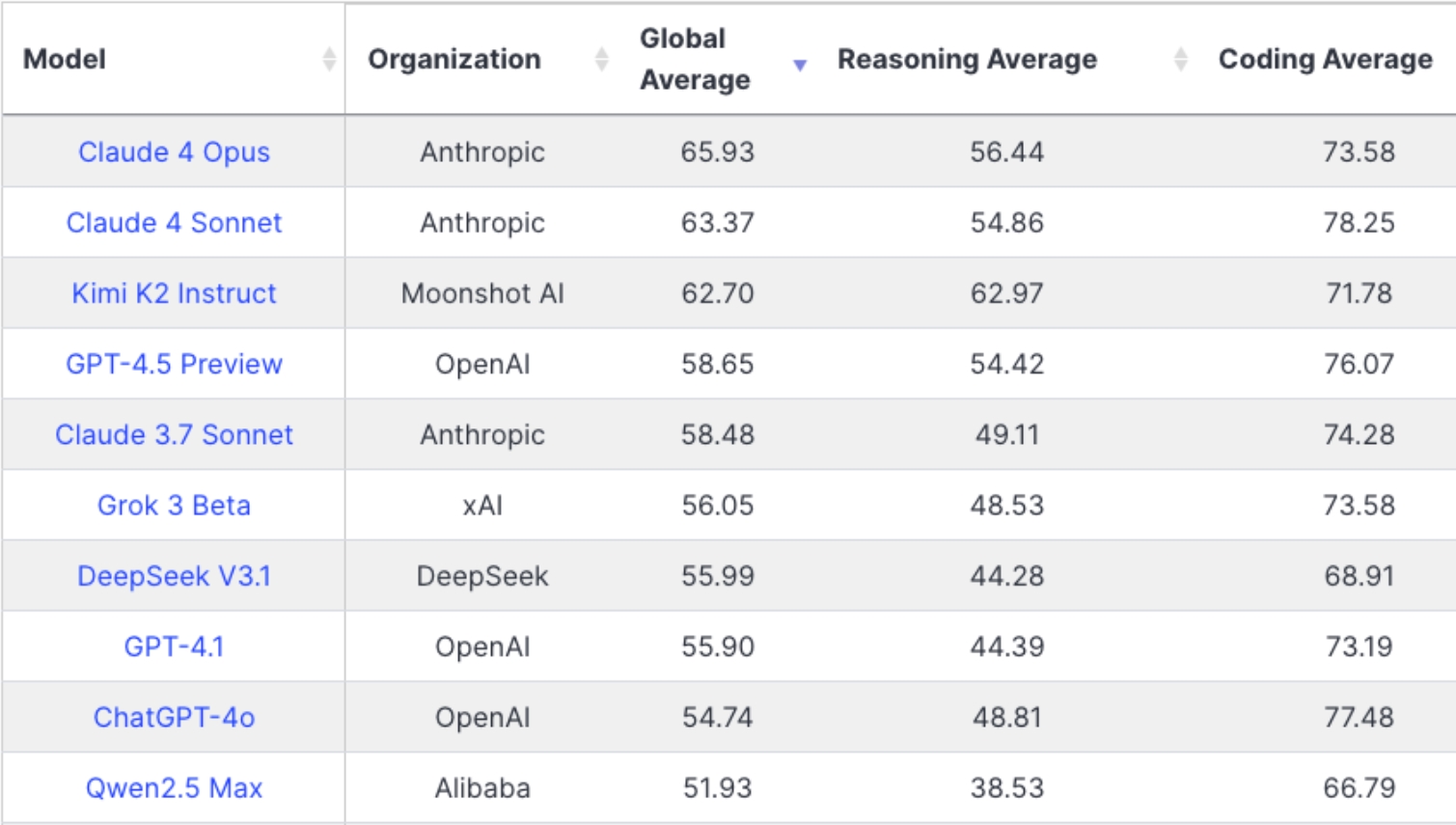AIbase
Published inAI News · 5 min read · May 28, 2025 Recently, a veteran C++ programmer shared his experience on social media, stating that the artificial intelligence model Claude 4 successfully cracked a system bug that had troubled humanity for four years. This event not only attracted widespread attention from the technical community but also sparked in-depth discussions about the potential applications of artificial intelligence in the software development field. The programmer, who has worked as an engineer at renowned tech companies such as FAANG (including Meta, Amazon, Apple, Netflix, and Google), spent 200 hours trying to fix this bug with his 30 years of programming experience but ultimately failed. His experience is not unique; other advanced AI models like GPT-4.1, Gemini-2.5, and Claude-3.7 also failed to find solutions. The complexity and tenacity of this system bug left many senior programmers feeling helpless.
On social media, many programmers expressed resonance with this situation, sharing similar experiences. Some mentioned they once faced a similarly challenging bug, spending a month without success, but eventually solved it in just ten minutes using the O1-Pro tool. Clearly, complex system bugs often frustrate programmers, but with the advancement of artificial intelligence technology, hope for solving these problems seems to be increasing.
The developer relations director at Anthropic commented on this incident, stating that such stories might become more common in the future. As AI technology continues to develop, especially in code generation and bug detection, programmers will be able to enhance their productivity and reduce debugging time with the help of these tools.
The impact of this event not only demonstrates the potential of AI in software development but also prompts reflection on traditional programming methods. With the continuous maturation of AI technology, the role of programmers may change, with more time being spent on higher-level design and innovation rather than repetitive bug-fixing work.
Although the application of AI in software development is still in its early stages, the success story of Claude 4 undoubtedly brings hope to the industry. Behind this event lies the combination of technology and human wisdom, indicating that in the future, AI will become an indispensable partner for programmers.
In summary, the event of Claude 4 successfully cracking the long-standing system bug not only showcases the powerful capabilities of artificial intelligence but also foreshadows that developers' work styles will become more efficient and innovative with AI assistance. As technology continues to evolve, programmers will be better equipped to tackle complex challenges and further advance the software development industry.









